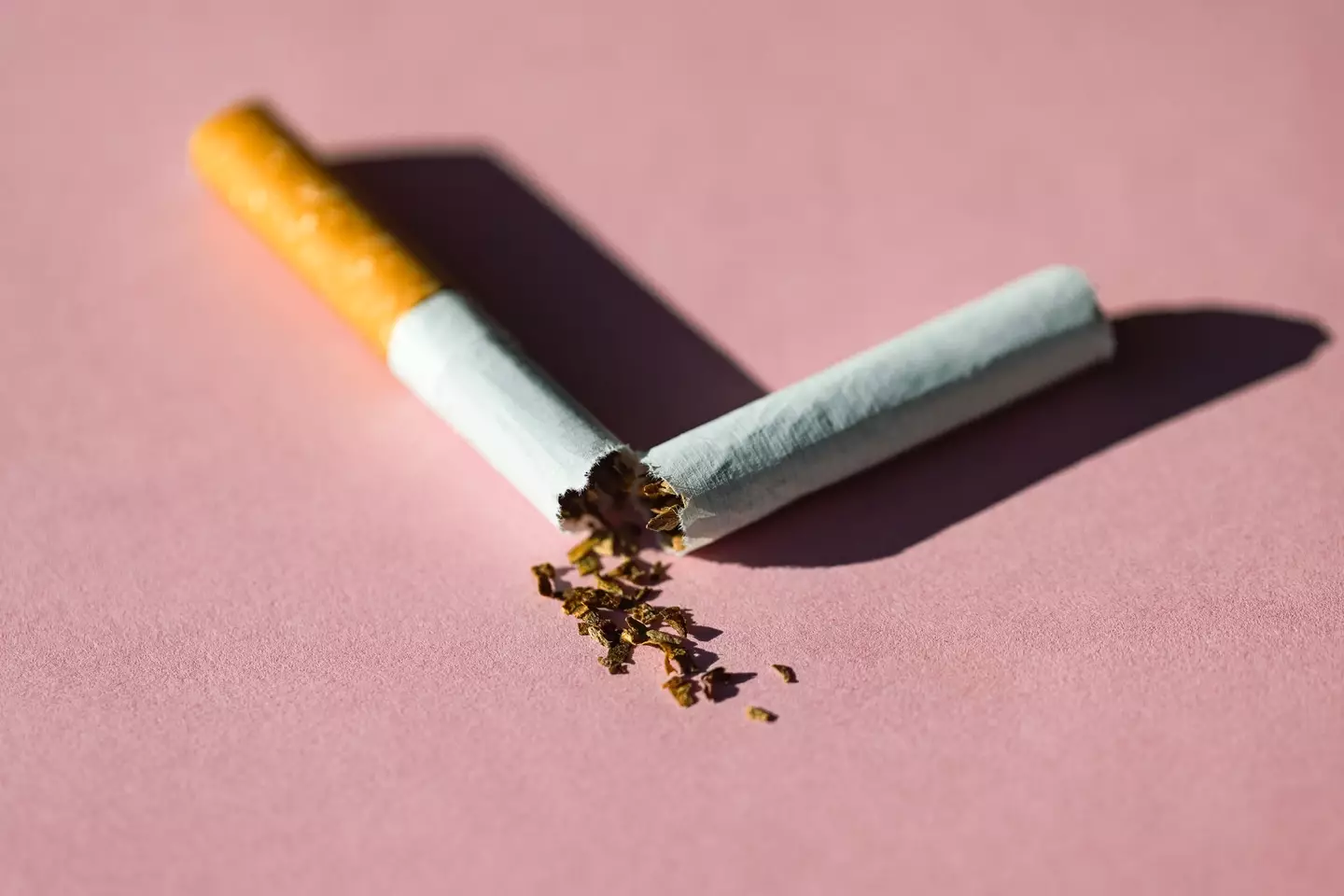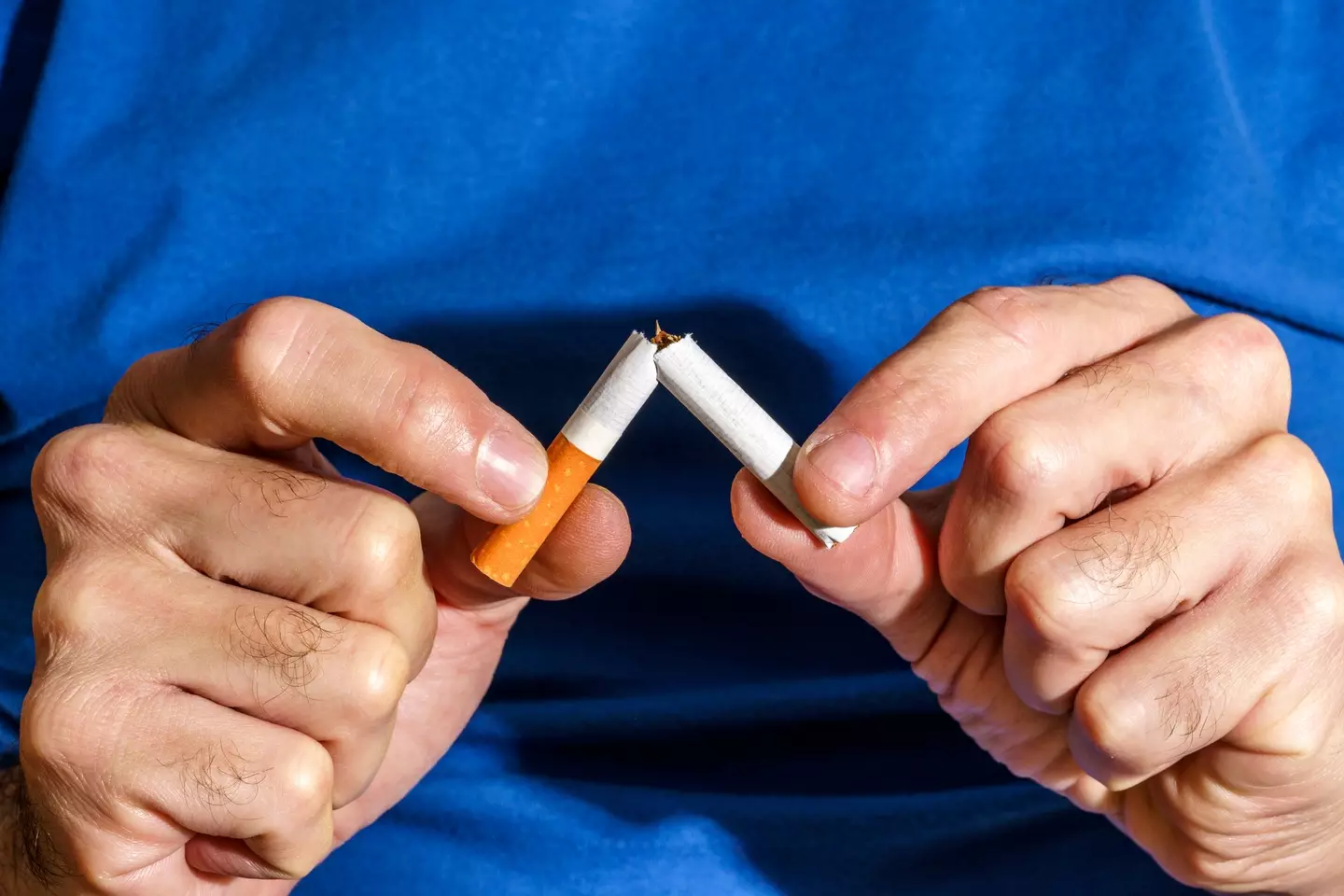
If you're thinking about giving up smoking, understanding what lies ahead can make the journey easier.
Some people experience only mild symptoms when they quit but others can find it harder.
The good news is that your body is incredible at repairing itself and the recovery process kicks off much sooner than you'd think.
Here's a timeline of what happens to your body when you stop smoking:
Advert

20 Minutes
In the time it takes to watch an episode of a Netflix sitcom, Spongebob Squarepants or The Simpsons, your body is already recovering.
Your heart rate and blood pressure start dropping back to normal levels, and the circulation to your hands and feet improves.
8 Hours
After a good sleep or a full day of work, the nicotine and carbon monoxide levels in your blood have halved. Consequently, oxygen will be able to reach your heart and muscles more easily.
Cravings are likely to kick in here also. While completely normal, but it can be really easy to slip back into old habits. However, they only last five to 10 minutes so distractions like listening to music or chewing gum can help.
24 Hours
Your bloodstream will be almost nicotine-free and the chances of having a heart attack are lowered.
48 Hours
After two days, your taste and smell will improve as your nerve endings begin to heal themselves.
Withdrawal symptoms may hit the hardest here, including feeling anxious, dizzy, hungry, or tired. Headaches are common, and you might feel bored or a bit depressed.
If you've got asthma, your symptoms might actually get worse around now, which can be confusing. But it is part of the body's clean-up process.
2 Weeks to 3 Months
This is where you really start feeling the difference.
Your lungs become stronger and clearer, your blood circulation improves dramatically, and you can exercise without feeling the burn as much. Your heart attack risk continues to drop as well.
The best part is you’ve also made it through the worst of the withdrawal symptoms. With everyone having different triggers, you'll probably still get cravings, so have your distractions and support network in place.

3-9 Months
At this point, you can take deeper, clearer breaths without feeling the need to cough. Your energy levels will also noticeably improve.
1 Year
Congratulations! Your risk of heart disease is now half what it was when you were smoking. That's a massive achievement and your cardiovascular system will be in a completely different league compared to a year ago.
5 Years
Your chances of having a stroke or developing cervical cancer are now the same as someone who's never smoked.
Compared to when you first quit, you're half as likely to get cancer of the mouth, throat, oesophagus or bladder.
10 Years
At a decade of being smoke-free, you’re half as likely to die from lung cancer. Your risk of developing cancer of the larynx (voice box) and pancreas also drops significantly.
15 Years
After 15 years smoke-free, your chances of getting heart disease are the same as if you'd never smoked in your life. Your body has basically completely reversed the damage and healed itself.